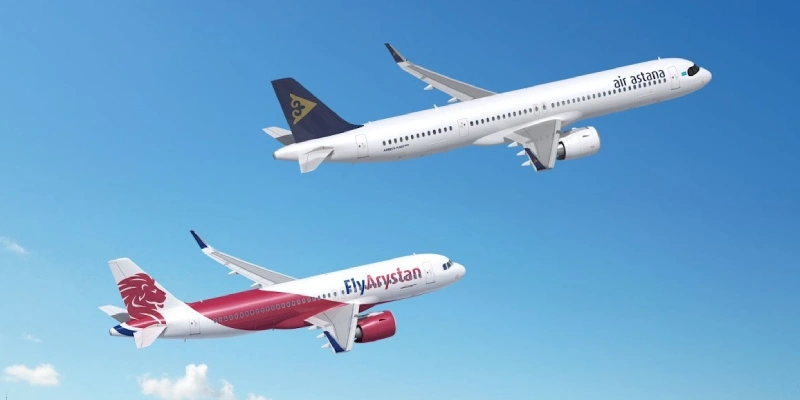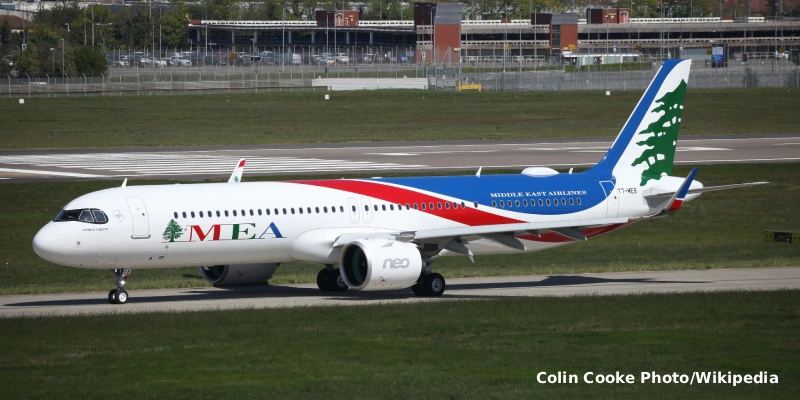The Federal Aviation Administration (FAA) has no intention of lifting the monthly production cap of 38 units imposed on the Boeing 737 MAX. This measure was implemented following the January 2024 incident involving a new Alaska Airlines aircraft, which experienced an in-flight emergency due to the absence of four critical bolts.
Chris Rocheleau, the FAA’s acting administrator, confirmed to the press after a House hearing that the agency is not considering relaxing this restriction at this time. “Not at this time,” he stated bluntly when questioned by reporters. Rocheleau also noted that the FAA has no plans to modify its policy of conducting direct inspections of each 737 MAX and 787 Dreamliner aircraft before issuing airworthiness certificates—a function that was previously partially delegated to Boeing.
Boeing Still Aims to Increase Production
Despite the regulatory halt, Boeing remains optimistic about gradually ramping up production. The company’s CEO, Kelly Ortberg, recently expressed confidence in raising 737 MAX production to 42 units per month. Once FAA approval is secured, Ortberg revealed plans to continue increasing the production rate in increments of five aircraft per month, with a minimum six-month interval between each increase.
→ Boeing Aims to Complete 737 MAX 7 and MAX 10 Certification by Year-End
Tighter Oversight After Years of Controversy
The current situation stems from heightened oversight. In May 2022, the FAA renewed Boeing’s Organization Designation Authorization (ODA)—which allows the manufacturer to perform certain tasks on behalf of the agency, such as inspections—for three years instead of the five years the company had requested. This decision was made to ensure Boeing implemented the required improvements.
In 2023, the FAA had considered restoring Boeing’s authority to issue final airworthiness certificates for the 737 and 787 models under its ODA. However, this plan was suspended after the Alaska Airlines incident, reigniting concerns about safety oversight and the manufacturer’s internal processes.
Background of Legislative Reforms
Tensions between the FAA and Boeing are not new. In December 2020, the U.S. Congress passed significant reforms to the aircraft certification process, prompted by the two tragic 737 MAX crashes that claimed 346 lives and led to a 20-month global grounding of the model.
The FAA’s decision to maintain the production cap reflects a cautious approach, emphasizing direct oversight and the gradual restoration of confidence in aircraft safety. While Boeing aims to revive growth for its best-selling model, the path forward is clearly defined by regulatory standards and lessons from the recent past.
Related Topics
Air Astana Places Its Largest Order: 25 Airbus A320neo Family Aircraft
Delta Bolsters Narrowbody Fleet with Acquisition of 34 Additional Airbus A321neos
MEA in Talks with Airbus for 12 Aircraft to Expand Fleet and Launch Fly Beirut
Airbus Closes 2025 with Profit Growth, 793 Deliveries, and a Record Backlog of 8,754 Commercial Aircraft

Plataforma Informativa de Aviación Comercial con 13 años de trayectoria.




